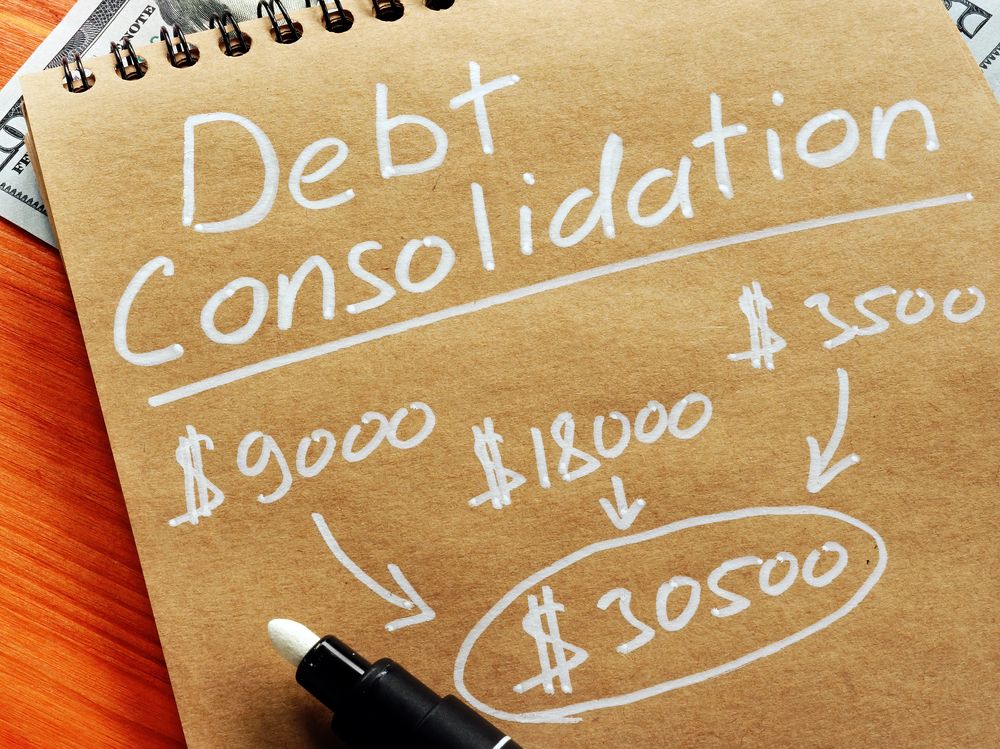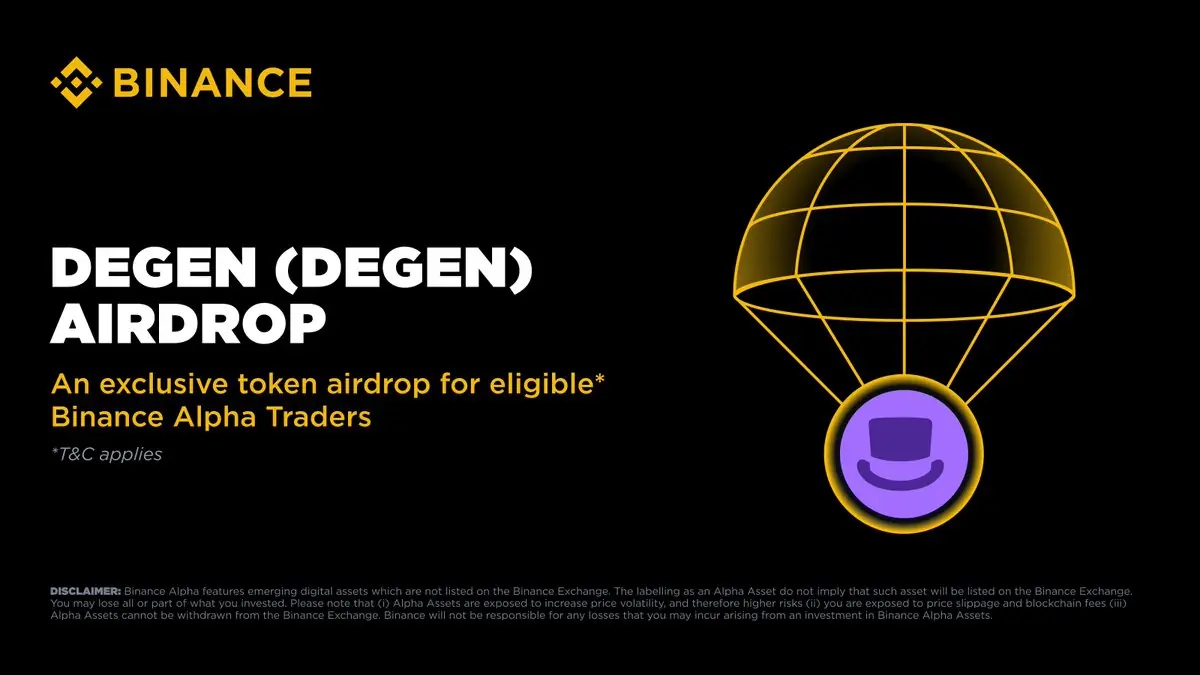
It can feel incredibly isolating when you are struggling to make ends meet and your bank or credit union is unable to approve your application for a debt consolidation loan. However, it’s important to know that there are other effective strategies to help you regain control of your finances, many of which don’t require borrowing more money.
Debt consolidation loans are often a first choice for simplifying multiple debts into a single payment, ideally with a lower interest rate. But by the time you apply, you might be facing challenges such as a lower credit score , unstable or reduced income, or debt levels that exceed what a loan can cover. If any of that sounds familiar, here are some alternatives to help you manage and reduce your debt while taking steps to regain control of your finances.
Determine the cause of your debt problem
Before looking for options to deal with your debt, try to pinpoint what caused it. Was it a shift in your income, a change in your family dynamics, unintentional overspending or perhaps an unexpected illness or family emergency? It’s also worth reflecting on whether this is a short-term hiccup or a longer-term challenge, as this can shape which debt relief approach will work best for you.
Regardless of the strategy you eventually choose, addressing the root causes of your debt is crucial. This might involve crafting a more realistic budget, trimming unnecessary expenses or finding ways to earn additional income. Increasing your level of financial literacy is also key because learning how to manage your money effectively can prevent future debt problems and lay the groundwork for a stable financial future.
Options to deal with debt when declined for a consolidation loan
A key benefit of a consolidation loan is that it streamlines your obligations into a single monthly payment. However, when a traditional consolidation loan isn’t available to you, there are still effective strategies to help you get back on track without turning to high-cost borrowing. For instance, while a loan consolidates what you owe into one lump sum with a new payment, a Debt Management Program (DMP) accomplishes the same goal of creating one affordable payment but without requiring you to take on any new debt.
The qualification process for a DMP is based on your budget, not your credit score, because you aren’t taking on any new debt. Creditors support DMPs through non-profit credit counselling organizations by waiving or greatly reducing ongoing interest charges, making the DMP that much easier to pay off. While it’s a great solution for some, it won’t work for others, so thankfully there are several more debt relief options to consider.
Debt settlement entails paying off a portion of your unsecured debts through a single lump sum payment to each creditor. Although this approach can reduce your overall debt, it will harm your credit score and not all creditors are willing to accept a settlement. The decision to accept your settlement offer rests solely with the creditors so this option should only be pursued if you anticipate being unable to resume regular payments.
Many creditors offer hardship programs for clients experiencing financial difficulties . It can be worth contacting each of your creditors to explain your situation and ask about available support. Some may offer lower interest rates or waive fees, others might suggest interest-only payments for a set period of time, and especially when dealing with a short-term crisis, some may allow you to skip one or two payments until you’re back on your feet again.
Debt consolidation loans are typically used for unsecured debt, but if you have a home equity line of credit (HELOC) with sufficient borrowing room, you could opt to use the HELOC to consolidate. Another option might be a balance transfer credit card with a low promotional rate, however fees and the post-promotional interest charges could outweigh the benefits.
Selling non-essential assets, taking on side gigs or using tax refunds and other windfalls can generate lump sums of cash to help pay off debt and bring your overall payments down. However, if your unsecured debts have become completely overwhelming, seeking a formal solution, such as a consumer proposal or bankruptcy with court-mandated payment terms might give you the fresh start you need.
Explore options with a credit counsellor
One of Canada’s best kept secrets is the free or low-cost support provided by non-profit credit counselling agencies, which help you gain a better understanding of your financial situation and explore options to resolve difficulties. Meeting with a credit counsellor is completely confidential and comes at no cost. They’ll take a close look at your overall financial picture, assist you in creating a practical budget and offer advice on managing your debt. They’ll walk you through different options, answer your questions and give you the information and guidance you need to make an informed decision. The last thing you want is to take on more debt that also becomes impossible to repay.
Five tips to transform money into a tool How to build a good credit scoreBeing declined for a debt consolidation loan does not signify the end of your options. Every financial situation is unique; there are many ways to deal with debt and you do not need to navigate the process alone. Seek reputable, professional help in order to identify a solution that aligns with your long-term goals and restores your peace of mind.
Mary Castillo is a Saskatoon-based credit counsellor at Credit Counselling Society, a non-profit organization that has helped Canadians manage debt since 1996.
Bookmark our website and support our journalism: Don’t miss the business news you need to know — add financialpost.com to your bookmarks and sign up for our newsletters here.












 Bengali (Bangladesh) ·
Bengali (Bangladesh) ·  English (United States) ·
English (United States) ·